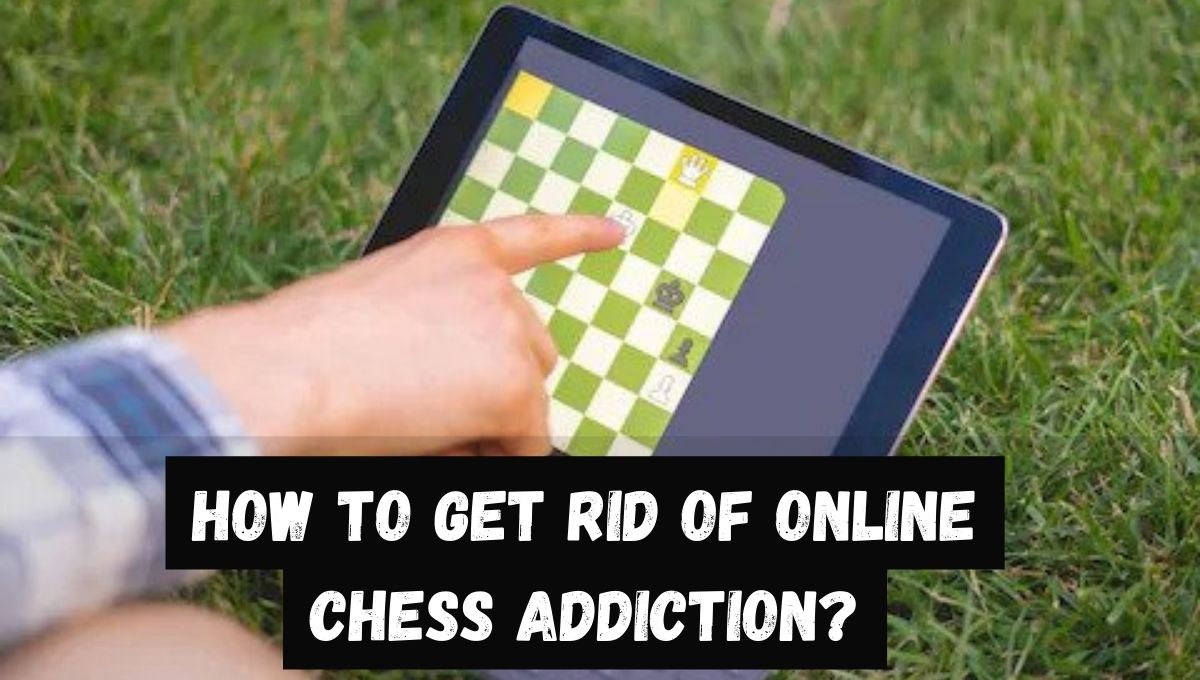Online chess can be a fun and intellectually stimulating hobby, but for some, it can become an unhealthy obsession. When the game starts interfering with your daily responsibilities, mental well-being, or relationships, it may be time to take a step back and reassess.
In this article, we’ll walk you through practical steps to break free from online chess addiction and regain control of your time and focus.
Why Is Online Chess So Addictive?
Online chess offers a unique mix of factors that can be hard to resist:
- Instant access to games at any time of day
- Competitive thrill of ranking systems and live opponents
- Rapid feedback loops, especially with blitz and bullet formats
- Social features, such as chat, leader boards, and community forums
- Mental stimulation that feels productive, even when it’s excessive
These elements make chess not only engaging—but potentially addictive when played without limits.
Signs You Might Be Addicted to Online Chess
If you’re not sure whether you’re dealing with a real problem, here are some common signs:
- Spending excessive time playing, especially quick games like blitz or bullet
- Neglecting work, school, or personal relationships
- Feeling anxious, restless, or irritable when you can’t play
- Repeatedly trying to cut back but failing
- Losing sleep or skipping meals due to the game
While playing chess isn’t inherently harmful, these patterns may indicate a behavioral addiction—similar to other screen-based habits like gaming or social media overuse.
4 Steps to Break Free from Chess Addiction
Overcoming this type of addiction is totally doable, and it doesn’t require extreme measures. Start with these practical steps:
1. Acknowledge the Issue
The first—and often hardest—step is admitting that there’s a problem. Once you recognize that online chess is negatively impacting your life, you can start making meaningful changes.
Acknowledgment isn’t about guilt or shame—it’s about taking responsibility and empowering yourself to move forward.
2. Set Clear Limits and Goals
Give yourself structure by setting reasonable boundaries. Here are a few examples:
- Limit chess to 30 minutes per day
- Take one or more full days off each week
- Only play rated games on weekends
- Do 5 push-ups after each game as a way to break the auto-play cycle
Small, consistent goals are more effective than trying to quit cold turkey.
3. Find Healthy Alternatives
Filling the time you’d normally spend on chess with other rewarding activities is key to breaking the habit. Consider:
- Exercising or going for a walk
- Reading a book or listening to a podcast
- Spending time with friends or family
- Picking up a new hobby or skill (e.g., music, cooking, language learning)
These alternatives can help you rediscover joy outside of the chessboard.
4. Seek Professional Help If Needed
If your addiction feels too overwhelming to manage alone, don’t hesitate to reach out for support. A mental health professional can help you explore underlying causes and offer tools for behavioral change.
Therapies like Cognitive Behavioral Therapy (CBT) are especially effective for managing screen-related addictions.
Final Thoughts
Recovering from an online chess addiction won’t happen overnight, but with patience and persistence, you can find a healthier balance. The key is to recognize when the game stops being a hobby and starts controlling your life.
By acknowledging the problem, setting limits, exploring alternatives, and seeking help when needed, you can reclaim your time—and your peace of mind.
